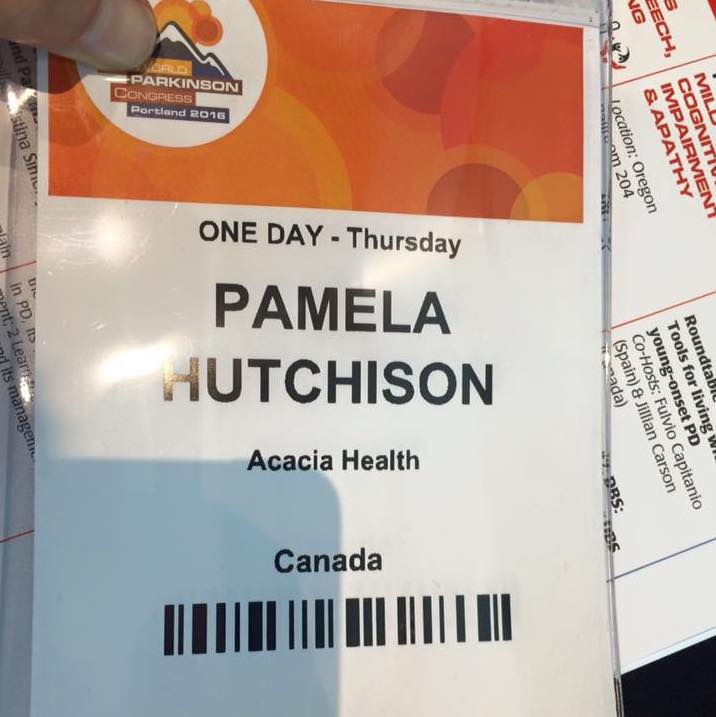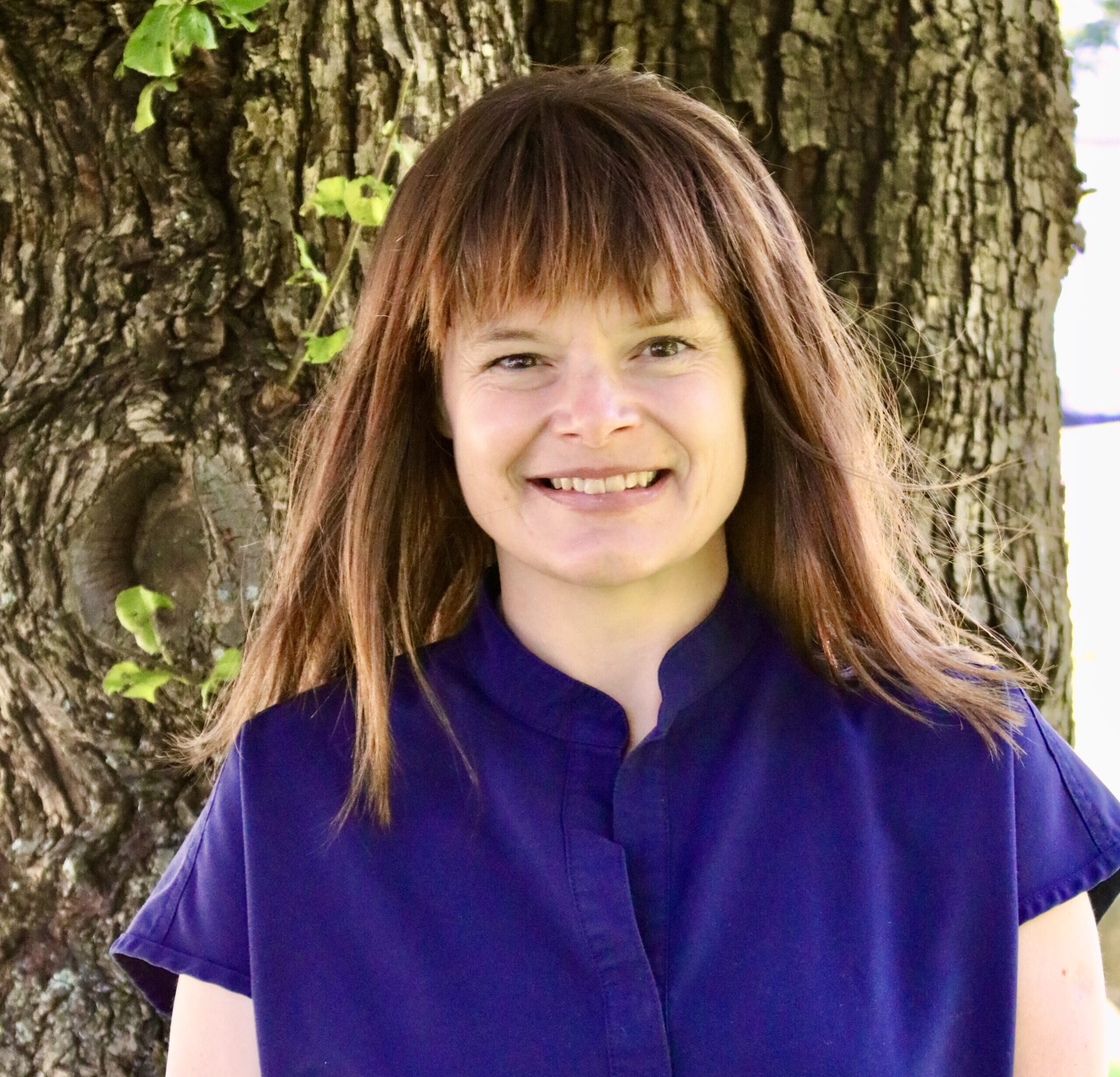Update from the World Parkinson Congress 2016
Dr Pamela Hutchison ND
I had a great time at the World Parkinson Congress (WPC) in Portland this September. A congress is different from a convention in that everyone impacted by this disease – from the neuroscientists and bio-engineers, to counsellors and physiotherapist and physicians, to patients, their family members and their loved ones – is invited and planned for in the programming.
It was a truly amazing experience to be there with PD patients, and hear what types of questions they asked to presenting neuroscientists and physicians. On the flight home, I decided to note a few of the highlights to share in the next newsletter:
- Causation studies: A good deal of high quality epidemiological studies are now coming out to further emphasis the correlation of PD with pesticide exposure. This isn’t to say that pesticides are the cause. Instead it appears to be a very good way of turning on certain genes that are “pro-parkinson.” The ingenious work of Beate Ritz in California combined Geo-mapping of data from a pesticide registry and a known PD population and controls to discover that PD patients were likely to have more intense and more varied exposures. One type of pesticide exposure didn’t change risk, but exposure to two or more did, and did so very significantly. Furthermore, there is data to support that pyrethrins, which are household pesticides, are capable of turning on these “pro-parkinson” genes.
- People with PD are very concerned about sleep!: Yep. I should have known to get to that venue early. It was so full they turned hundreds of us away!
- Promising Glutathione Research: Finding an affordable way to get glutathione into the brain is a hard. We use intravenous means, as this works and has proven effects. Now, thanks to research by a Naturopathic Doctor, and funding from the Michael J Fox Foundation, we know that intranasal delivery provides good glutathione level increases in the brain, through fMRI studies. Early data indicates motor improvement with once daily applications.
- tDCS (Transcranial Direct Current Stimulation – something we currently use for depression) may have PD applications: I met an Australian researcher looking at how tDCS could assist with motor issues in people with PD. They found some effect, however more research is needed. This may prove to be a very exciting area in PD research, as it also tends to a be a treatment with many “side-benefits.”
- Exercise is KEY!: There was universal agreement on this. It slows progression and treats symptoms. And there are many effective ways to exercise. AND adding faster paced music helps PD patients speed up their efforts, which improves the benefits. Apparently a lot of Johnny Cash’s music has the right tempo for improving PD outcomes!
There is so much more I could say. One thing that I came back with was great enthusiasm for what we have to offer as Naturopathic Physicians for people with PD.
One more thing – Therapy dogs! I saw so many, and I pulled people aside to ask them how their therapy dog was affecting their lives and their lives with Parkinson Disease. It was inspiring to hear how the dogs not only helped with daily tasks, but also with mood and anxiety problems often encountered in PD.
You can find out more about the WPC 2016 here.
If you are interested in seeing Dr Pam for help with your neurological condition, call the clinic at 250-475-1522




